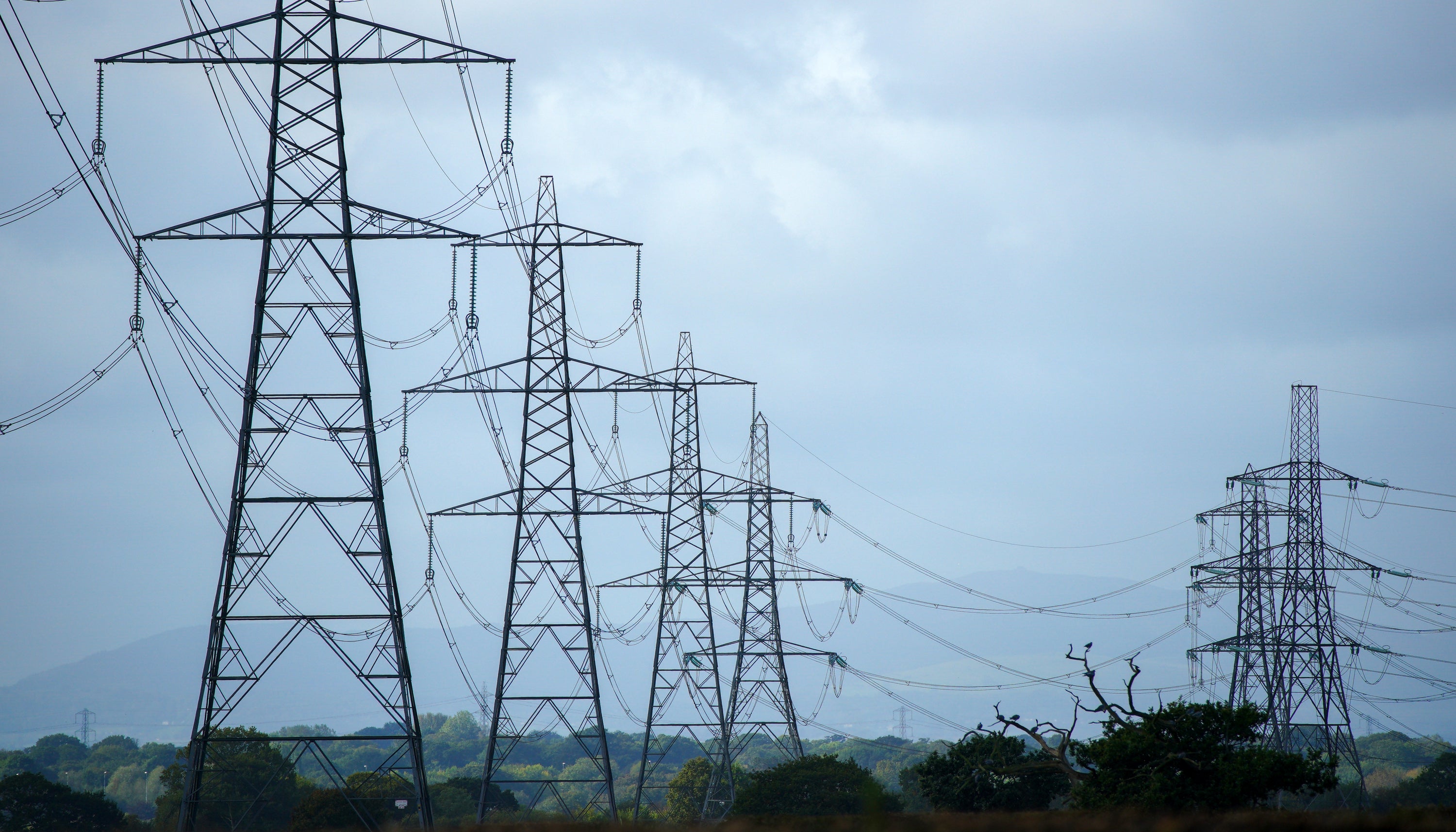Household bills not set to rise under £21bn power grid overhaul, says Ofgem
The energy watchdog unveiled a £20.9 billion package of funding to build greener and more reliable power grids.

Household bills will not increase as part of plans to spend nearly £21 billion overhauling the UK’s regional electricity networks, the UK energy watchdog has insisted.
Ofgem unveiled a £20.9 billion package of funding to build greener and more reliable power grids and vowed to meet the costs from investors and cost savings, rather than consumers.
The package includes £2.7 billion upfront spending to boost capacity.
The regulator also announced the new price controls under the five-year plan to 2028 that set the revenue Britain’s 14 distribution network operators can earn from these charges.
The average consumer pays around £100 already each year to help meet the costs of running and maintaining the local power grids, but Ofgem vowed to ensure “consumers get value for money and costs are kept to a minimum” as it upgrades the network.
Jonathan Brearley, chief executive of Ofgem, said: “These are challenging times, and this is the path out of relying on expensive and polluting imported fossil fuels and moving to a home-grown energy system, that exploits the best of modern technology to level out demand and reduce costs for consumers.
“We’re determined to get the best possible deal for consumers and the proposals we’ve published today will mean that substantial additional investment can be made to deliver net zero without placing any further pressure on bills.
“We’re confident that the five-year vision we’ve outlined will help build the world class energy infrastructure needed to connect consumers to reliable, cleaner energy at an affordable price.”
Ofgem has also asked distribution networks to boost their reliability and “up their game” following a critical report into the response to Storm Arwen, which left almost a million homes without power.
Other aims under the plan include to allow households to have more control to save money on bills through better data and more regularly updated prices for peak and off-peak demand.
But there have been fears that the measures will heap more pressure on cash-strapped consumers, with rocketing gas and electricity prices already having pushed energy bills up to £1,971 a year and another eye-watering surge to £2,800 expected in October before hitting £3,000 in January.
Ofgem vowed that “consumers will not see any additional costs as result of this investment as efficiency savings and reduced investor returns deliver the cash needed”.
It said it is proposing “tough efficiency targets for the networks along with a sharp reduction in their allowed rate of return, meaning less of consumers’ money goes to company profits”.
“These changes mean we can accommodate a significant increase in net zero investment without increasing network charges,” it said.
Electricity giant SSE said the plans were “tough and stretching”, while National Grid said it will “work hard” with Ofgem on the plans ahead of final determinations expected in December.
Bookmark popover
Removed from bookmarks